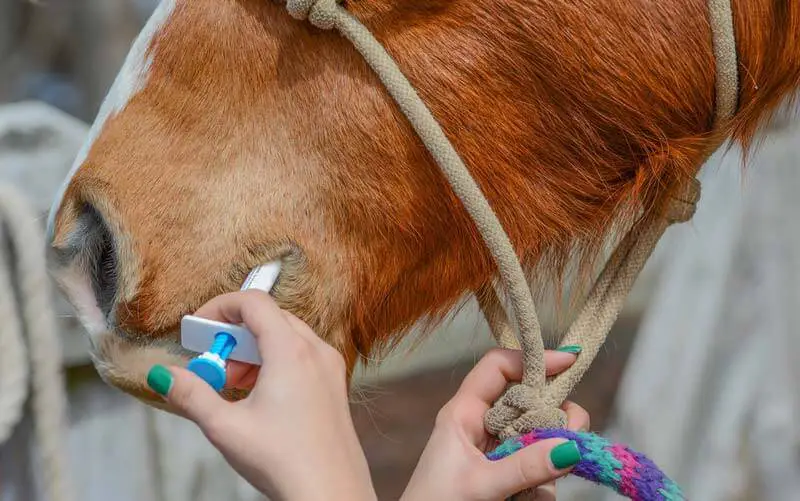 Protein, protein, protein! Most horse owners understand that protein, comprised of amino acids, builds muscle mass. However, not all protein is created equal. In this article, we discuss the role of protein in muscle development and the best dietary sources of protein.
Protein, protein, protein! Most horse owners understand that protein, comprised of amino acids, builds muscle mass. However, not all protein is created equal. In this article, we discuss the role of protein in muscle development and the best dietary sources of protein.
There are 21 amino acids involved in the growth and repair of soft tissues, including muscle and topline. Of these protein building blocks, 12 can be made by the body, but the remaining nine must be provided in your horse’s diet.
These are the essential amino acids, such as lysine, methionine and threonine. As their name suggests, they are imperative in the production of protein, but for more than just one reason. Essential amino acids:
- Cannot be synthesised by the body and must be provided in the diet
- Allow the body to utilise all other essential and non-essential amino acids
At first glance, feeding protein appears simple as muscle is made of 70% protein. However, simply adding more protein into the diet may not be enough if the quality of the protein is poor.
Amino Acid Profile
Only with high quality protein, containing the correct quantities of all nine essential amino acids, can your horse build muscle and topline. So, how can you choose the best protein source?
Every horse feed and forage contains protein. In the case of commercial horse feeds, protein is usually listed as a percentage of total ingredients. The challenge for horse owners is determining the quality of the protein that’s present.
- Horse feeds which list generic protein ingredients, such as vegetable protein meal, usually contains poor quality protein which won’t support your horse’s muscle development.
- In contrast, horse feeds which name specific protein-rich ingredients, such as soybean meal, and display lysine content are often the better choice when building muscle and topline.
When selecting a horse feed or supplement to add quality protein to your horse’s diet, you must also consider energy, vitamins and minerals. If the commercial horse feed doesn’t provide enough energy, your horse’s body will be forced to use protein as an alternative energy source.
Together, energy and protein enable the equine athlete to perform. Consult your veterinarian or a qualified equine nutritionist to select a commercial horse feed or supplement that provides highly digestible protein to replenish energy, increase muscle mass and repair muscle damage.



